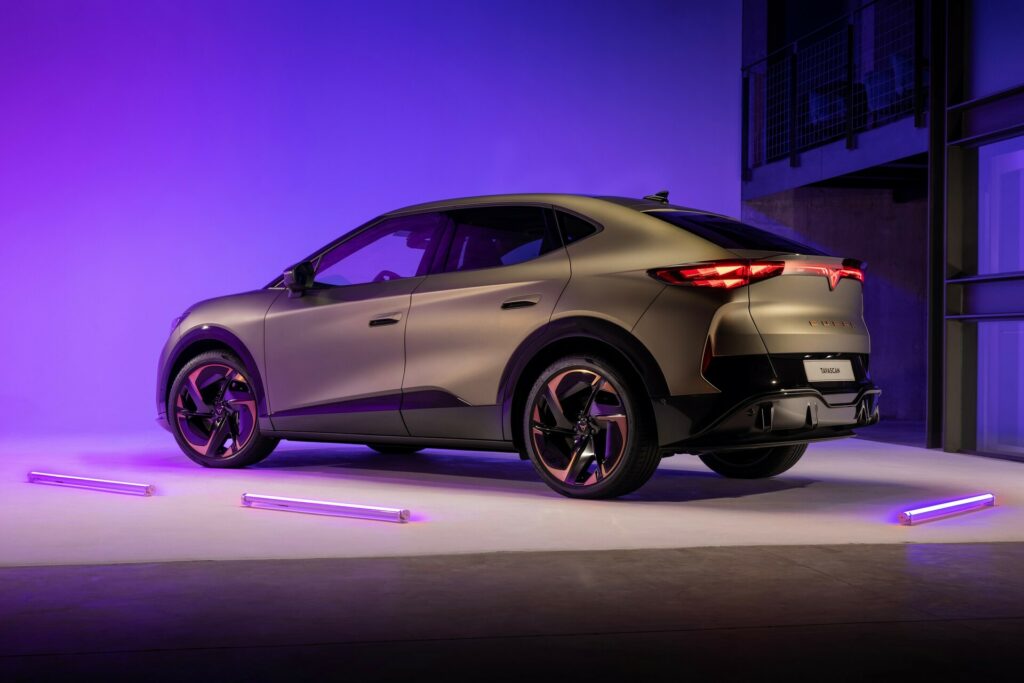- Cupra’s Tavascan faces heavy tariffs, complicating the brand’s CO2 reduction compliance.
- Lower-than-expected sales and high tariffs might force Cupra to cut production and jobs.
- The tariffs should be helping the European car industry, but they’re hurting the VW brand.
Cupra boss Wayne Griffiths warns that the brand could be “wiped out” by new European Union tariffs on electric vehicles imported from China. He further emphasized that if the VW Group-owned brand fails to meet its sales targets under these new conditions, the company might be forced to scale back production and make difficult decisions, including cutting employees.
Cupra, a subsidiary of Seat within the VW Group, has been growing rapidly since becoming its own brand in 2018, selling over 246,000 vehicles last year. While most of its models are built in Europe, the new Tavascan will be produced in China and now faces a hefty 21.3% tariff on top of the existing 10%.
Read: Cupra’s Electric 2024 Tavascan Debuts As An ID.5 With Spanish Flair
Griffiths says the brand has made significant investments in Volkswagen’s Anhui plant in China to build the Tavascan and moving production elsewhere isn’t possible. He also says raising the price of the sleek electric SUV isn’t feasible, and missing projected sales may mean Cupra will fall foul of carbon dioxide reduction targets in the EU next year, opening it up to heavy fines.
“It puts the whole financial future of the company at risk,” Griffiths said during a recent event in Barcelona. “The intention was to protect the European car industry but for us, it’s having the opposite effect. We’re not a Chinese brand trying to swamp the European market. Our cars are not for the masses. The car is not a subsidized product. We’re a different animal.”

Cupra was initially hit with an additional import duty of 38.1%, but this was recently reduced to 21.3%. However, this still remains far higher than Tesla, which was able to convince European authorities to reduce its duty on Chinese-built EVs to 9%. The Telegraph reports that Cupra will be able to request its own negotiated duty, but a review could take up to nine months.
The Tavascan was designed and developed in Spain and shares parts with the VW ID.UNYX. It rides on the familiar MEB platform and comes standard with a 77 kWh battery pack providing it with up to 342 miles (550 km) of range on the WLTP cycle.




